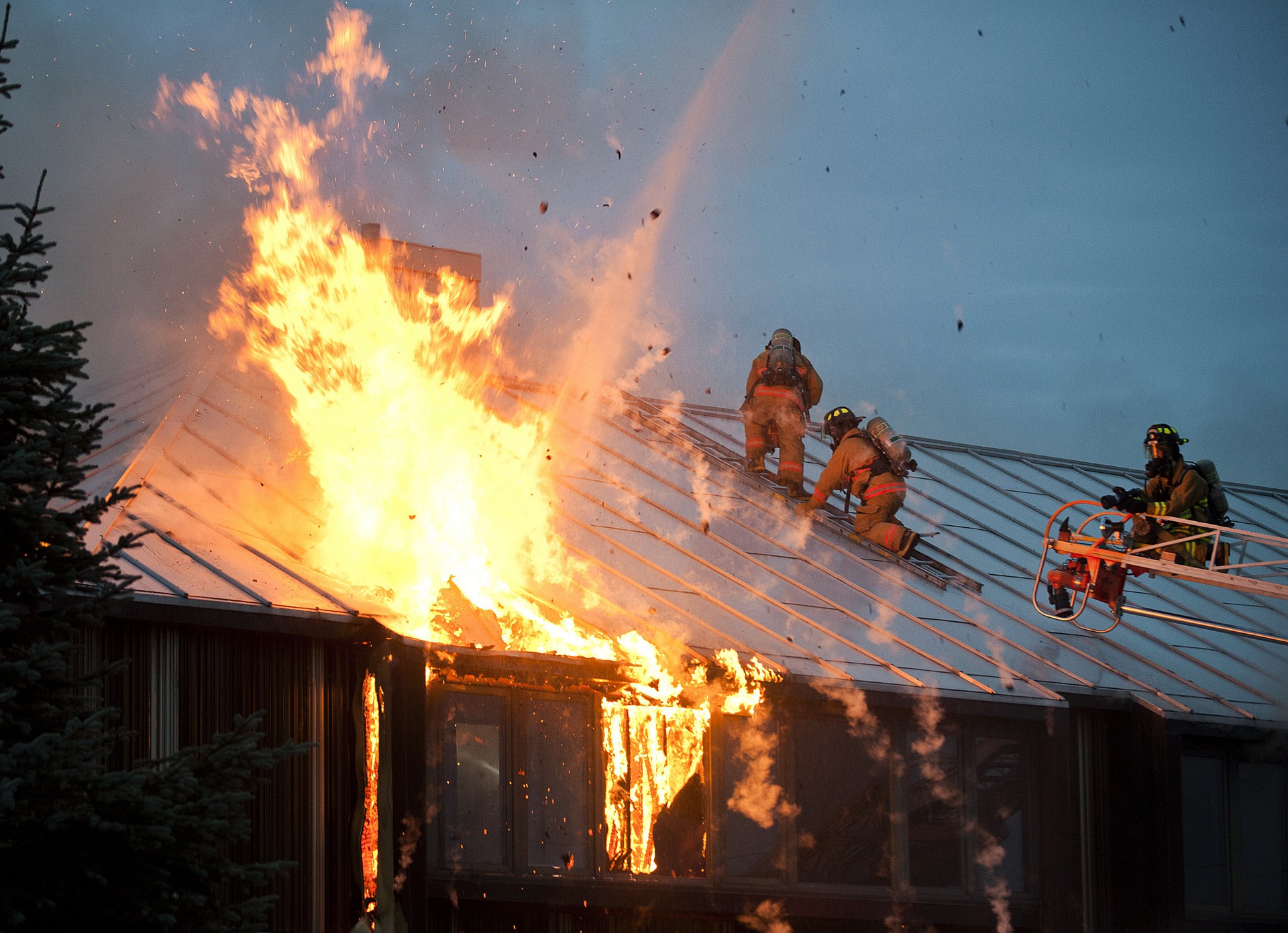Over 25% of all fires reported annually in the United States occur in a household setting. Despite not being a majority of total fires, these house fires, tragically, are the leading cause of deaths and injuries.
At an average of around 350,000 home structure fires per year, The National Fire Protection Agency estimates the financial damages at over 7 billion dollars. The dangerous picture that the statistics paint makes it clear that all homeowners should educate themselves on the leading causes of fires and the best ways to reduce their exposure to future dangers. Some fires occur due to acts of nature or vandalism, and a homeowner can not prevent these tragedies. However, by learning the most common types of fires, you can learn the best strategies and tips to keep yourself safe in the areas under your control.
The Top 3 Causes of Florida House Fires
A destructive fire can rage through a house quickly and without warning when left unchecked. Different types of fires, such as electrical, oil, or smoking, can behave in vastly different ways. No matter the cause, the experience can be terrifying. The top 3 reasons are listed below.
- Electrical/Electronic Fires: Approximately 10% of fires occur based on faulty electrical wiring or improperly functioning electronic cords. Despite this small percentage, over 500 deaths, 1,100 injuries, and a billion dollars in property damage are reported annually from electrical fires. Items such as extension cords, plugs from electronic devices, and cords connecting devices such as lamps and TVs account for a relatively small percent of fires in this category compared to the main culprit, the electrical wiring of houses.Older houses more commonly have issues when it comes to faulty or dangerous wiring. Bare wires near flammable material such as insulation, or wiring covered by dust and debris, are early warnings that your house may be at risk from an electrical fire.
Heavy use of electronic equipment can also start a fire, especially if many items are plugged into a single outlet or power cord. Every major electrical appliance in your home, such as a TV or computer, should have a dedicated plug free of blockages and obstructions to reduce heat buildup. Microwaves or toasters that show signs of smoke or sparking upon use should be seen as a potential hazard and replaced as soon as possible.
- Cooking/Kitchen Fires: Kitchen fires are by far the most common types of house fires, accounting for over half of all reported home fire incidents. Tragically, a large percentage of these fires occur over significant holidays. If a large, uncontrollable fire occurs in your house, there are steps you can take to ensure the safety of everyone in the household.For uncontrollable fires, quickly help everyone leave the house and get to a safe distance, then close the door and call emergency services.
- Smaller grease fires can be quelled by removing the pan from the heat and leaving a lid on top until the entire thing has cooled.
- Kitchen fires with oil should never have water doused on them, as this will lead to a small explosion of grease onto all nearby surfaces.
- Oven fires should be handled by turning off the heat and keeping the oven door completely sealed.
To prevent fires, only cook when you can focus on the task at hand. Never leave potentially dangerous items alone; set timers to remind yourself when the dish is finished. Keeping your cooking area free of flammable materials is also essential.
Fortunately, the vast majority of fires in the kitchen can be prevented by common sense and attention on the part of the chef. Best practices by experts recommend a small fire extinguisher in an easy-to-reach area, stopping the fire before it gets out of hand.
- Heating Fires: The main culprit of house fires are portable space heaters, which cause over 500 deaths and a billion dollars of damage annually. Florida residents use heaters for only a few weeks per year, so insufficient maintenance and cleaning are common. Furthermore, heating devices in the cold winter often bring these devices into close contact with beds, couches, and bedding, which can combust at a moment’s notice.Anything potentially flammable should be at least 3 feet away from any heating appliance, and homeowners should locate items such as portable space heaters in low foot traffic areas to reduce the potential for accidents involving the knocking over of the device. Having yearly inspections of your chimneys and fireplaces before the colder months can help reduce or eliminate the possibility of uncontrollable fires from heating.
Despite many residential fire-related dangers, learning about the potential risks will allow you to identify and resolve issues before they occur. With these tips and suggestions, along with working smoke detectors and fire extinguishers, you, as a homeowner, should be confident about preventing or responding to fires.
Do you need help inspecting the wiring in your home? Call the experts at Promise Electric today.



